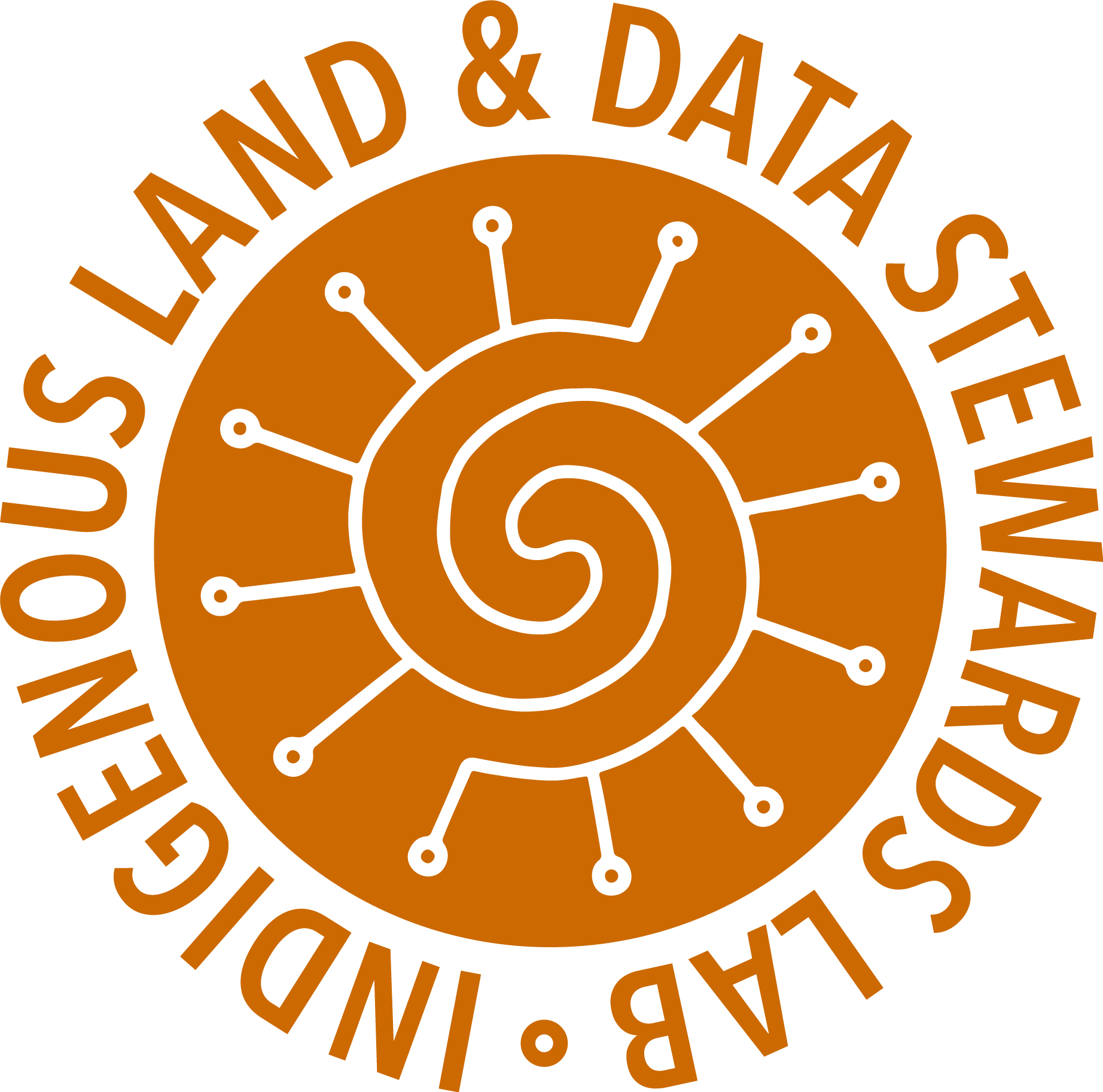Indigenous insights and a recovery guide for settler-colonial scientists
A still taken from a digital animation of Maori design from Whanganui driven by recordings of calls of the Tieke (north island saddleback, Philesturnus rufusater) recorded at Tarapuruhi Bushy Park ecosanctuary. The work is a collaboration between a Whanganui artist and scientist as they engage in a series of works that challenge our dichotomous framings of art and science, and by extension of science and Indigenous knowledges. Artist credit: Cecelia Kumeroa and Vincent van Uitregt.
A recent collaborative publication put together by a team of Indigenous scientists including, Coen Hird (Australia), Dominique David-Chavez and Shanny Spang Gion (United States), and Billy van Uitregt (Aotearoa, New Zealand), highlights recommendations for settler colonial scientists and others looking to improve engagement practices with Indigenous communities and knowledges.
The lead author, Coen Hird from the University of Queensland’s School of the Environment, shares some of his reflections about the process (below and in this article):
“During a series of online ‘yarn sessions’ with my international collaborators, we’d often decompress and talk about common issues that we experienced across cultures as Indigenous scientists… …we thought sharing our yarns could act as a catalyst to move the scientific community forward, but also be a source of validation and a resource for Indigenous scientists.”
Together, the team compiled a guide that includes examples and techniques for change to foster respect and reciprocity in science and research with Indigenous communities. Below are some examples, as well as a link to the full paper.
Fig. 1. A guide for the recovering ontological supremacist. Ontological supremacy can show up as fear, shame, rejection of and even anger toward engaging with diverse ways of knowing and the different ways knowledge is encoded in the stories and data we share. We challenge all scientists to lead with openness, curiosity, humility and respect. There is something meaningful to learn in practices and stories that have been developed and applied over countless generations, and ongoing knowledge generation born from Indigenous methodologies (Hird et al. 2023; Copyright 2023 The Company of Biologists).


